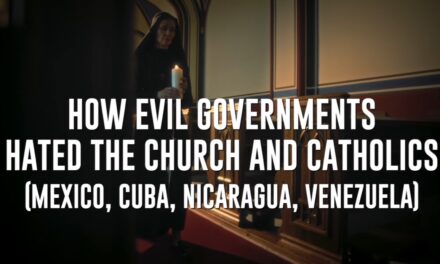We support our Publishers and Content Creators. You can view this story on their website by CLICKING HERE.
Guidance issued by Arizona’s Democrat election chief could disenfranchise “potentially millions of Arizona voters,” a federal court ruled Friday.
Writing on behalf of the U.S. District Court for the District of Arizona, Judge Michael Liburdi placed a preliminary injunction on a provision guiding election certification that was included in the state’s Election Procedures Manual (EPM) by Secretary of State Adrian Fontes. In Arizona, the EPM provides rules to election officials relating to mail ballots, voter registration, and other election-related matters.
“Given the widespread controversy surrounding elections, one would hope the last people responsible for disenfranchising voters and suppressing speech would be the very election officials tasked with ensuring fair and accurate elections,” Liburdi wrote. “But, according to Plaintiffs, that is precisely the case here.”
The lawsuit was filed by the America First Policy Institute, American Encore, and an Arizona resident against Fontes and Democrat Attorney General Kris Mayes.
The canvass provision promulgated by Fontes and subsequently approved by Mayes and Democrat Gov. Katie Hobbs along with the rest of the EPM stipulates that if a county does not certify and submit its election results for final canvassing by the state-mandated deadline, then the secretary of state “must proceed with the state canvass without including the votes of the missing county.” In other words, electors whose county does not certify the results by the deadline will not have their votes counted during Fontes’ canvassing of the state’s election results.
The provision appears to have been aimed at preventing another certification dispute like that which occurred in Cochise County during the state’s 2022 midterms. Republican members of the county’s board of supervisors delayed certifying the 2022 results after election misadministration in Maricopa County disenfranchised an untold number of voters.
While the county’s results were ultimately certified, Mayes announced indictments against the GOP board members in November 2023 over their actions in the matter.
In his decision, Liburdi eviscerated Fontes’ canvassing rule, writing that it is “utterly without precedent.” He further noted how, if enacted, it would give the secretary “nearly carte blanche authority to disenfranchise the ballots of potentially millions of Arizona voters.”
“If the right to vote ‘is the right of qualified voters within a state to cast their ballots and have them counted‘ … then the Canvass Provision imposes the most severe burden: state-sanctioned disenfranchisement,” he wrote (emphasis Liburdi’s). “Defendants’ position is that it is better for election results to be final, as opposed to accurate, and, in true utilitarian fashion, it is better to disenfranchise ‘a few’ (potentially millions), as opposed to all. But what value does finality accomplish when it is attained at the expense of democracy?”
Liburdi also issued a preliminary injunction barring enforcement of a separate EPM provision challenged by plaintiffs that attempted to govern Arizonans’ speech and conduct at polling locations. The district court judge noted how the EPM’s speech provision “broadly encroaches on a substantial amount of constitutionally protected speech” and unlawfully empowers election officials “to use their ‘sound judgment’ to remove voters for using ‘offensive’ or ‘insulting speech.’”
A state district court previously placed an injunction on the EPM’s speech guidance in August. A state appellate court granted a temporary partial stay “pending appeal” in the case on Friday.
Liburdi’s preliminary injunctions prohibit enforcement of the EPM’s speech and canvassing provisions while litigation continues. Defendants must file a court response within 14 days of Friday’s ruling, according to Liburdi’s order.
For more election news and updates, visit electionbriefing.com.
Shawn Fleetwood is a staff writer for The Federalist and a graduate of the University of Mary Washington. He previously served as a state content writer for Convention of States Action and his work has been featured in numerous outlets, including RealClearPolitics, RealClearHealth, and Conservative Review. Follow him on Twitter @ShawnFleetwood

 Conservative
Conservative  Search
Search Trending
Trending Current News
Current News 





